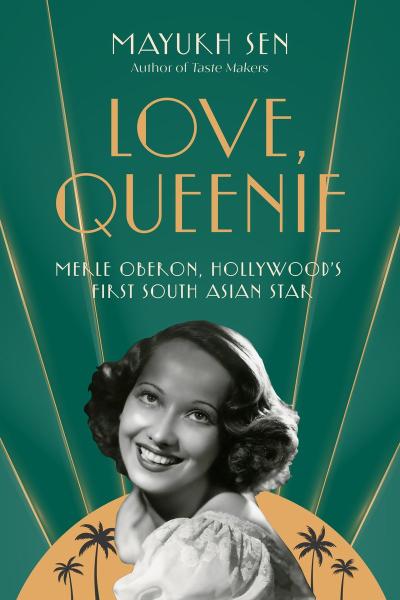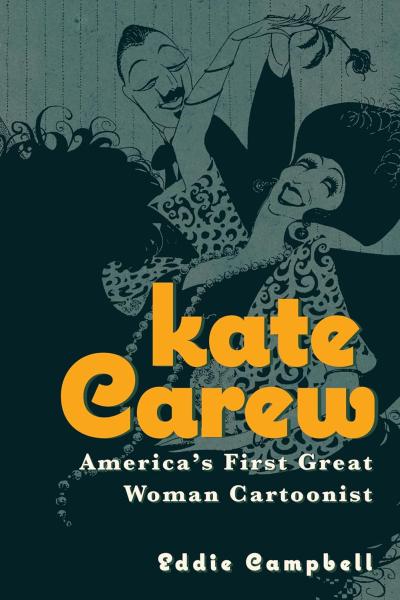
Have you ever thought about how easily you’ve found a book in our catalog or placed a hold on an item to then retrieve it the very next day? Maybe you’ve wondered who keeps track of all the books purchased and which magazines are missing from the collection. That would be none other than our Head of Technical Services Librarian, Steven Dunlap. And now after almost 7 years, Steven will be retiring at the end of the month (March 2025).
Steven has contributed tremendously to our library services from spearheading book and magazine purchases, budgeting, and maintenance, to working closely with the Chess Club on new materials and specialized catalog records, to writing blogs, teaching classes, and engaging members with crossword puzzles, board games, and chess trivia.
We asked Steven to share a bit about his time at MI, his working life, and his plans for retirement.
What has been your favorite part about working at MI?
I have wanted to work here since I first walked into the library. I think I attended the Wednesday Tour sometime around 2010, although I heard about the MI from colleagues years before. The building has a character and a personality that modern architecture does not allow for anymore. I see a generic, sterile quality to most modern interior spaces (and exterior ones too sometimes) that lacks a recognizable vision by the architect, devoid of the uniqueness and humanity you find in older buildings. I appreciate the benefits of technological progress as much as anyone else, but we can still work, read, research, and study in a place that "looks like a library." The use of modern tech does not require us to surround ourselves with polished chrome and particle board.
What has been your favorite job in your entire working life?
In 1989 I spent about 6 weeks indexing commercial artwork at Apple Computer in Cupertino. This was the early days of placing information online. Working with a team of librarians led by one named Sharon (surname long forgotten) we had to figure out what to do and how to do it, relying on our education, training, and imagination -- no one had done anything exactly like this before. I had an excellent working relationship with the project leader. She acted as our advocate and guide not as our overlord, and I have worked hard over the decades since this project to model her management style in my supervision of others.
How has the profession changed in your working lifetime?
The Internet very fundamentally changed life for the whole world. It turned libraries upside-down. At the beginning of my career, for a student to go somewhere other than the college library meant walking or driving further, taking more time, and making more effort. Same for a non-student seeking information. Libraries contained peer-reviewed journals and books from publishers that earned a high level of trust by hiring copy editors who did thorough and rigorous fact-checking. We could represent many different viewpoints in our collections but the different interpretations all had to interpret evidence that someone could confirm as true. When you walked into a library you did not find books that contained the one and only irrefutable truth -- that's not a reasonable expectation. But librarians curating the collection took seriously that they had an affirmative responsibility to make a good faith effort to put books and other materials into the collection that had some foundation in verifiable reality -- whatever the political or other viewpoints the author(s) expressed.
Although the internet has produced some clear and obvious improvements to life and civilization, it blew up the library. For people to "just google it" takes moments, making whatever someone has put on the Web easier to find than most anything in a library. As we transition into the "post-truth" world, most publishers have abandoned fact-checking, and peer-review research now lies beyond reach behind paywalls.
What do you most look forward to in retirement?
Traveling in Europe. I have already visited France, Greece, Luxembourg, Spain, Germany, Belgium, and the Netherlands. There's so much more ground to cover. I have a love for castles (my travel companions have had a difficult time dragging me out of one). To paraphrase Willie Sutton, why go to Europe? That's where the castles are. And if I'm going to travel in Europe it makes the most sense to set myself up there; so I am working on obtaining a long-term visa to live in Greece.
If you could take any part of the library collection with you, what would it be?
Some of the chess collection, obviously. The library also has a selective but strong collection of photography books and art exposition catalogs. In addition, to my chagrin, I must admit that I have not read many of the great works of literature. I spent much of my time reading non-fiction and short stories but only now and then picked up a classic novel. Oh, and then there are the 20 books about castles in the collection.



